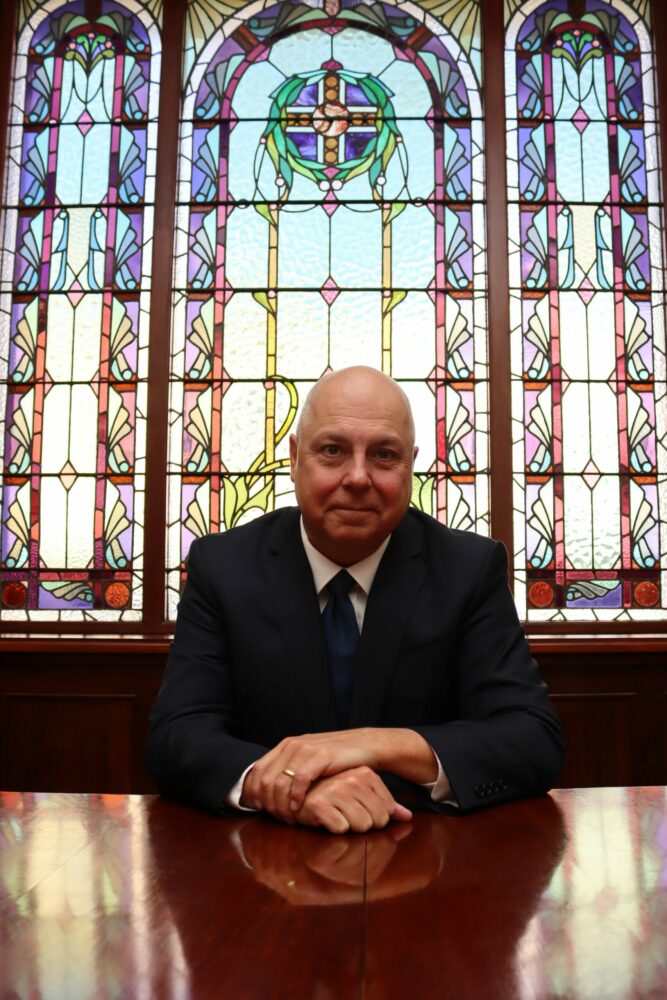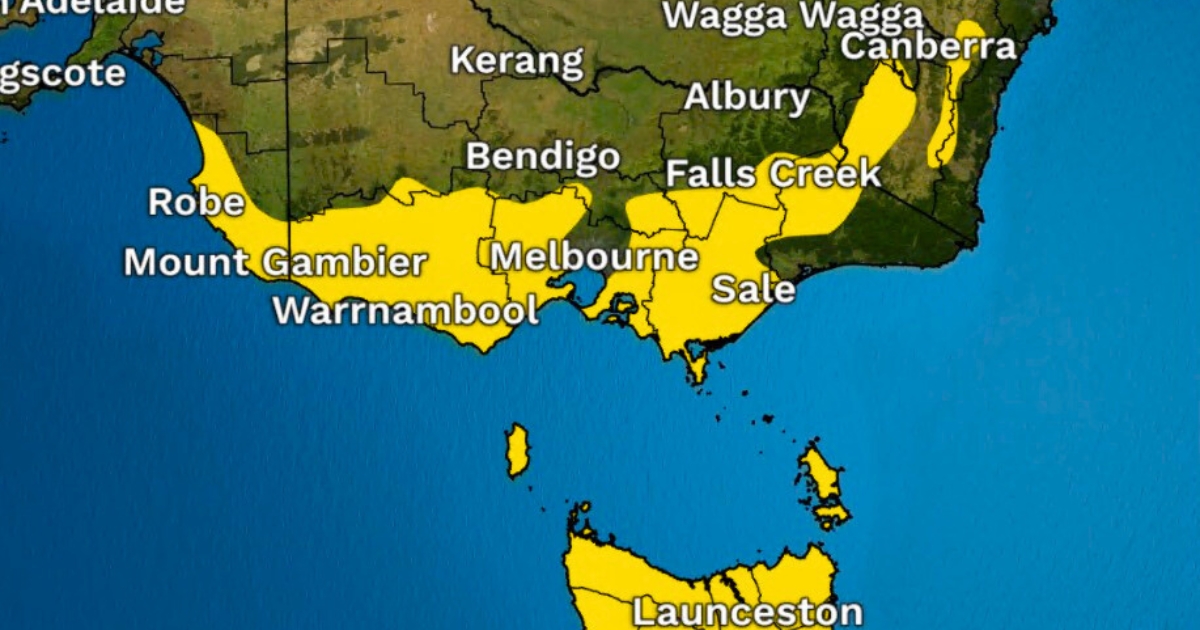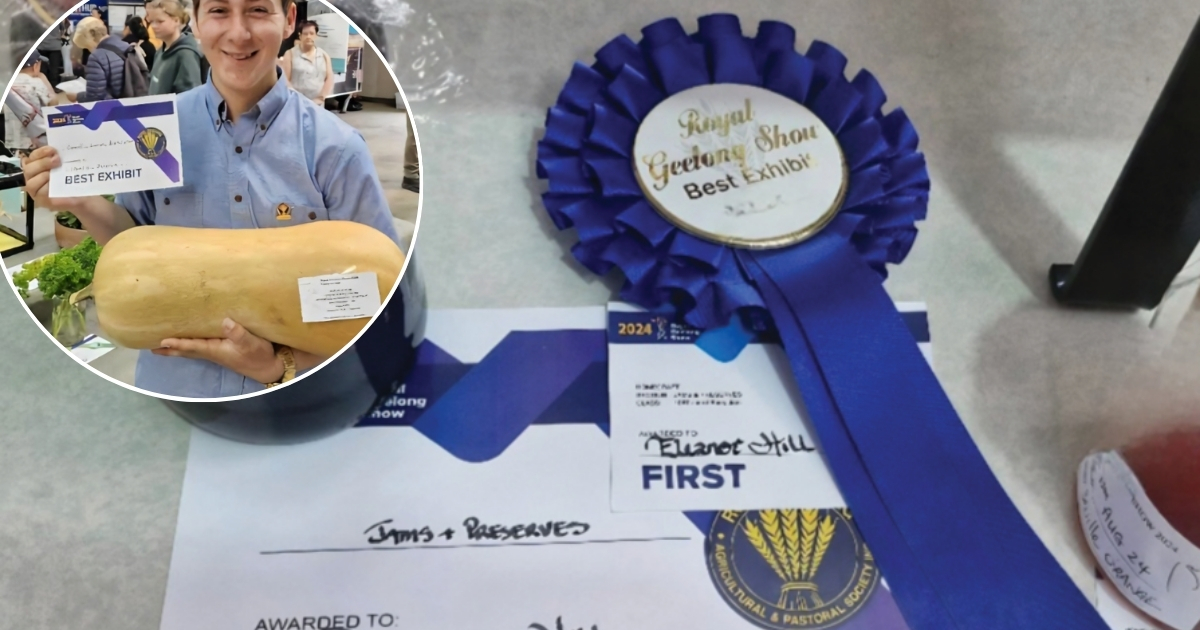‘There’s a lot to like about it,’ Pallas on budget

Planning: Treasurer Tim Pallas delivered his eighth state budget to parliament recently and then headed to Ballarat to champion the document. Photo: ALISTAIR FINLAY
YOU could frame it as a health budget, or a back-to-basics budget, or even a pre-election budget, but whatever labels you put on it, Victorian Treasurer Tim Pallas is clearly proud of the State’s next financial plan.
Days after dropping it on parliament, and Victorians as a whole, Mr Pallas arrived in Ballarat for a series of meetings including a lengthy one-on-one interview where he championed the document.
“There’s a lot to like about it,” he said.
“The first thing is to recognise Victorian’s have been through a really difficult time and governments get choices to make… whether they get more concerned about their balance sheet or the wellbeing of the community.
“This budget put the wellbeing of the Victorian people front and centre.”
Underpinning that approach is a deficit for the next financial year of $7.9 billion, and ongoing overall debt of $82 billion.
Yet Mr Pallas said he has medium to long-term plans to both address the deficit and net debt issues.
“We will be delivering an operating cash surplus in this budgeted year,” he said. “We will return to operating surplus… in the 2025/26 financial year with a $650 million surplus.
“Finally, to stabilise debt we’ll put in place a very important mechanism as part of this budget… a $10 billion fund that will be established and added to over the medium-term… it’s a future fund.”
Locally and statewide Mr Pallas said the 2022/23 budget puts a focus on health beyond the immediate needs of the pandemic and seeks to address wider impacts of COVD-19.
In Ballarat there’s money for elements of expanded mental health and drug treatment services, new cancer therapy machines and robot surgery devices, as well as access to a $300 million regional health infrastructure fund.
“It’s about helping our health system, not only cope with the pandemic, but all of the deferred treatment and care that the community has gone without while we’ve been focusing on the pandemic,” Mr Pallas said.
“That’s $12 billion in spending on our hospital system and health system.”
Another local big-ticket item to receive significant cash was a municipal animal shelter at $11.5 million.
The new pound, which will not only manage animals from Ballarat but takes in stray cats and dogs from surrounding municipalities, has been a key area of lobbying by the City of Ballarat.
At the same time, another important project of the City, a regional recycling centre, received no backing, despite the Government having made the issue an area of importance statewide.
However, Mr Pallas rejected the idea that State Government policies, like rate capping, had created a situation we’re municipalities had to go cap in hand to higher powers for money to fund locally focused projects, but capital works of wider importance go unfunded.
“Rate capping has demonstrated its value and saved a lot of Victorian households a disproportionate increase and protected their budgets,” he said.
“We don’t want to see a push and pull approach between tiers of government where one thing the State Government is doing is then undermined by… local government.
“It’s a partnership and we value the partnership. We see that we have a role and responsibility to augment council budgets to ensure that they get the resources for the projects we feel will help the community.
“We’re not being doctrinarian about this and saying ‘well this is our area and we’re not interested in your area of areas of responsibility’. Hence the Ballarat animal shelter.”
With the Commonwealth Games set for the regions in 2026, including Ballarat, the budget featured a $2.6 billion provision for the event.
Ultimately the money will be used on sporting infrastructure builds and improvements, transport upgrades and the construction of accommodation for athletes and officials.
As to what the carve up of that cash might look like, Mr Pallas said it was too early to predict.
“You need to keep very focused on what constitutes the legacy,” he said. “It’s not just a fantastic sporting event, which it will be, but it’s about what do we expect to see that will come out of the games enduring for the communities that have hosted it.
“We’re expecting to see improved sporting facilities, more housing, better transport linkages.
“But, we’re in the early days, we’ve got to move quick, we’ve only got effectively four years to get the whole show together.”


















